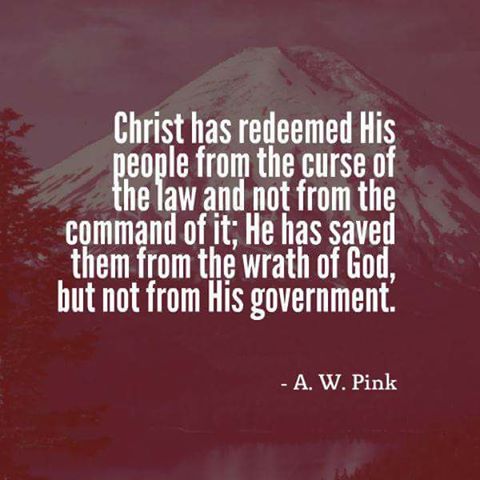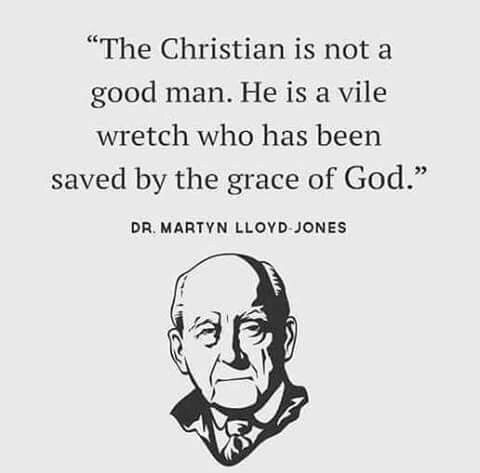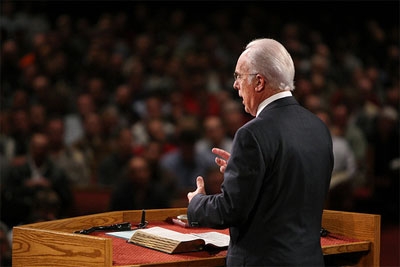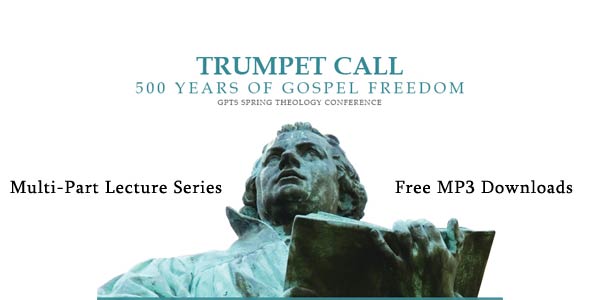The Law Engraved Upon Our Hearts
O ur motivation makes the difference. The legalist obeys God's commands in order to attain and/or maintain their just standing before God; something that is clearly Christ's office alone. Evangelical obedience, if I may use that term, obeys out of a renewed heart. i.e. because he is born again and God's seed dwells in him (1 John 3:9). The thought of abiding in sin goes against the grain of who is is - a Spirit-indwelt believer whose heart now has the law of God written upon it.
ur motivation makes the difference. The legalist obeys God's commands in order to attain and/or maintain their just standing before God; something that is clearly Christ's office alone. Evangelical obedience, if I may use that term, obeys out of a renewed heart. i.e. because he is born again and God's seed dwells in him (1 John 3:9). The thought of abiding in sin goes against the grain of who is is - a Spirit-indwelt believer whose heart now has the law of God written upon it.
Being set free from the curse of the law means we are no longer under its condemnation (Rom 8:1) because Jesus has fulfilled the law on our behalf (Rom 8:3-4). But this does not mean we are to cease obeying God's commands.
"this is love for God: to keep his commands. And his commands are not burdensome, for everyone born of God overcomes the world." 1 John 5:3-4

 The following is an excerpt of a short conversation that ensued as a result of this Lloyd-Jones quote:
The following is an excerpt of a short conversation that ensued as a result of this Lloyd-Jones quote: Listen to
Listen to  by Martin Luther
by Martin Luther